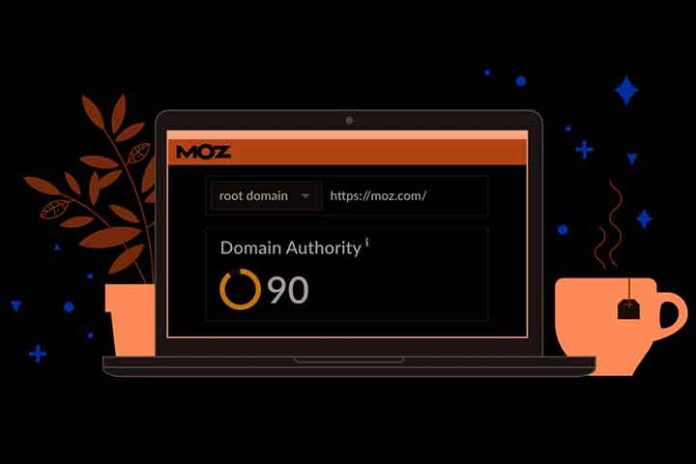Organically positioning a website in the first place of Google is not as simple as writing it, but it is not impossible. It would help if you worked on some aspects on-page and off-page. Among the most important is web domain authority, one of the key factors driving SEO strategies.
A very high level of authority means that the web offers a higher quality to show itself to Google, undoubtedly giving you many extra points to be in the first positions. But is this a key factor in savouring the honey of SERP success?
What is and how does web domain authority work?
Before, positioning was as easy as entering Google’s PageRank platform and seeing the most important aspects to get down to work when optimizing. Back then, the number of keyword repetitions and the number of backlinks guaranteed the most points to be in the first place of the SERPs.
Then? Google stopped updating Pagerank and hid some aspects of its algorithm (this all happened during the internet spam crisis of 2011-2013). Since then, marketers and SEO experts have had to use highly advanced analytics tools to test how the search engine algorithm works.
But one of the things that never stopped evaluating was domain authority. It may have disappeared from the public eye of Google, but thanks to Moz, it is possible to know this level with its Domain Authority metric, which allows us to study the quality of the site on a scale of 0 to 100.
Why measure domain authority?
When PageRank stopped updating in 2012, Google’s new algorithm affected many companies that relied on it for rankings. Despite the best efforts, it penalized them instead of offering benefits for more backlinks and keywords.
Known as Google Penguin, it prioritized the highest quality websites.
In this sense, the Domain Authority began to be evaluated by the quality of the links or backlinks. This means that actual content, site popularity, optimized link building, and browsing experience became more important than the number of sites linking.
This rule is still in effect today. Google only considers websites with quality backlinks; that is, they have a good level of domain authority, not to mention other aspects such as page layout, domain, and relevance.
How does the Domain Authority work in Moz?
To get started, you need to have an account on the Moz tool, pay for a monthly plan to get the ability to access its valuable metrics (many of them contain information that Google has not revealed again). Once you have this possibility at hand, you can access the tool, also known by its acronym as DA.
Just copy and paste the address or URL of the website into the analysis bar. The user will be able to see the following data.
- Domain Authority: That is, the scale from 0 to 100 on the quality of the site and its links. The closer this figure is to 100, the better.
- Linking Root Domains: The number of backlinks pointing to the single domain site.
- Ranking Keywords: It is the number of keywords positioned in the ranking.
- Spam Score: It is the scale in the percentage of spam.
SEO strategies to increase domain authority
It is time to get down to work to find the best way for Google to value your work. It is essential to implement SEO strategies that allow increasing domain authority. Some of the most important are the following.
- Analyze your competitors’ links: Backlinking experts use tools like Ubersuggest to evaluate the quality of links that competitors point to.
- Verify the dofollow and nofollow links: Some of the quality backlinks can be nofollow and prevent the “link juice” that the site needs from accessing.
- Create an expert image: This is done to implement guest posting strategies that link the domain on authority sites.
Link exchange is an excellent win-win strategy, especially for small and medium-sized businesses.
Finally, it is essential to refer to the page authority or Page Authority, another metric that Moz offers. Unlike the previous one, it does not analyze the quality of the entire site but an individual page or a single URL. Both must work together to be successful with SEO strategies.

